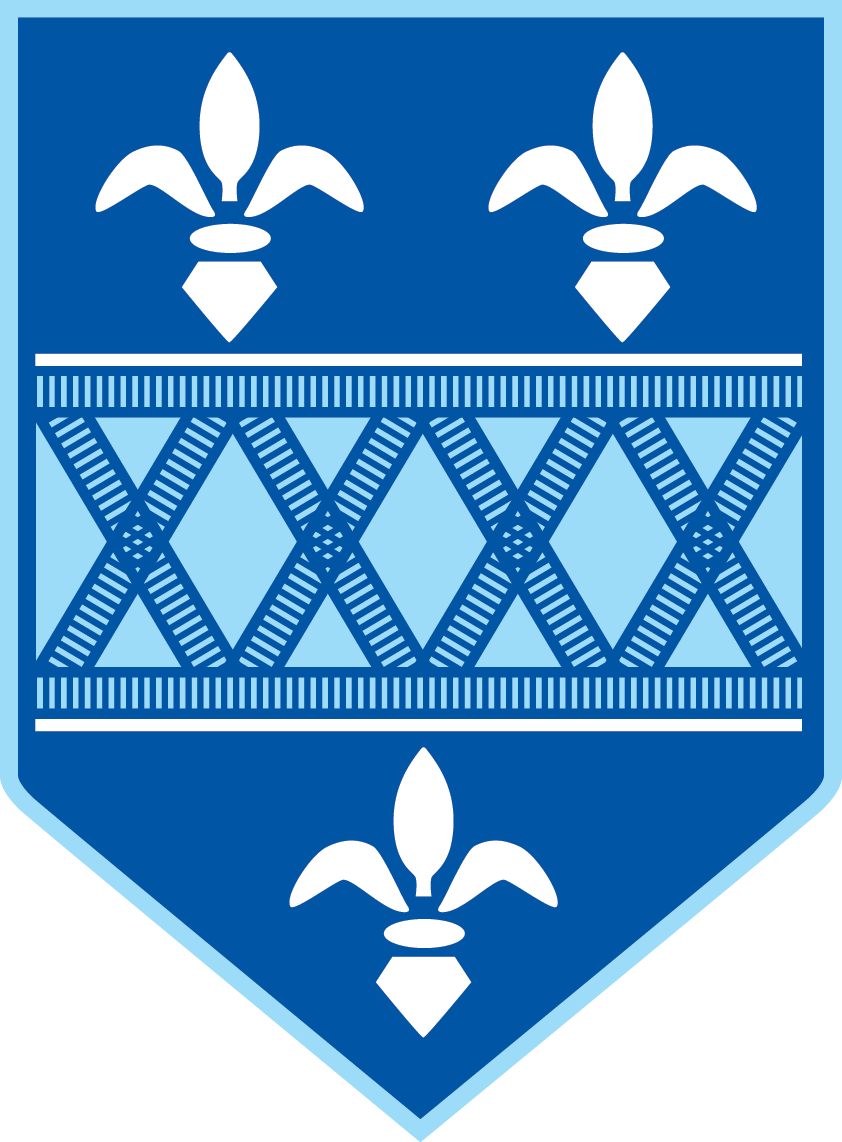ICT & Computer Science
Curriculum Vision
Computers are all around us, tablets, smartphones, PCs are embedded into everyday life and it is essential to have the knowledge, skills and confidence to use these devices and their apps appropriately. Whatever you want to do in life technology is going to have an impact on it and the more knowledge you have the more you will be able to use it to your advantage! If you're looking for the subject with some of the most valuable and relevant skills for future jobs then this is the one!
Computer based technology is the driving force behind today’s society. In Computing at Langley Park school for Girls, we strive to ensure that students are computer literate, to enable them to successfully and safely navigate the modern world, giving the students the skills they need to harness its creative and business related capabilities.
We have embedded a range of programming and problem solving activities within our ambitious curriculum, through this we are giving the students the skills required to adapt to the needs of tomorrow, developing students who are not able to just use technology, but develop it, and use it to change lives of people from all backgrounds and beliefs.
A video introduction to our Computer Science course in LPGS6 (our co-educational Sixth Form)

